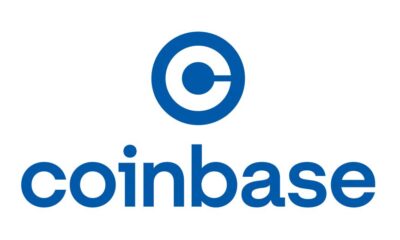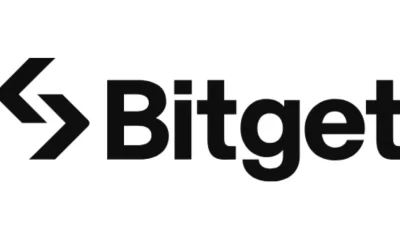Business
Industry calls for urgent crypto law reforms after Australian election
-

 Business1 week ago
Business1 week agoIndian high court orders steps to block Proton Mail
-

 Business1 week ago
Business1 week agoCoinbase to launch yield-bearing Bitcoin fund for institutions
-

 Business1 week ago
Business1 week agoBitget, Avalanche form crypto partnership in India
-

 Business1 week ago
Business1 week agoEthereum community members propose new fee structure for the app layer
-

 Business1 week ago
Business1 week agoCoinbase presses to axe rule banning SEC staff from holding crypto
-

 Business1 week ago
Business1 week agoBitget takes legal action on alleged VOXEL futures price manipulation
-

 Business1 week ago
Business1 week agoSEC punts decisions on XRP, DOGE ETFs
-

 Business6 days ago
Business6 days agoEthereum to simplify crosschain transactions with new token standards





























